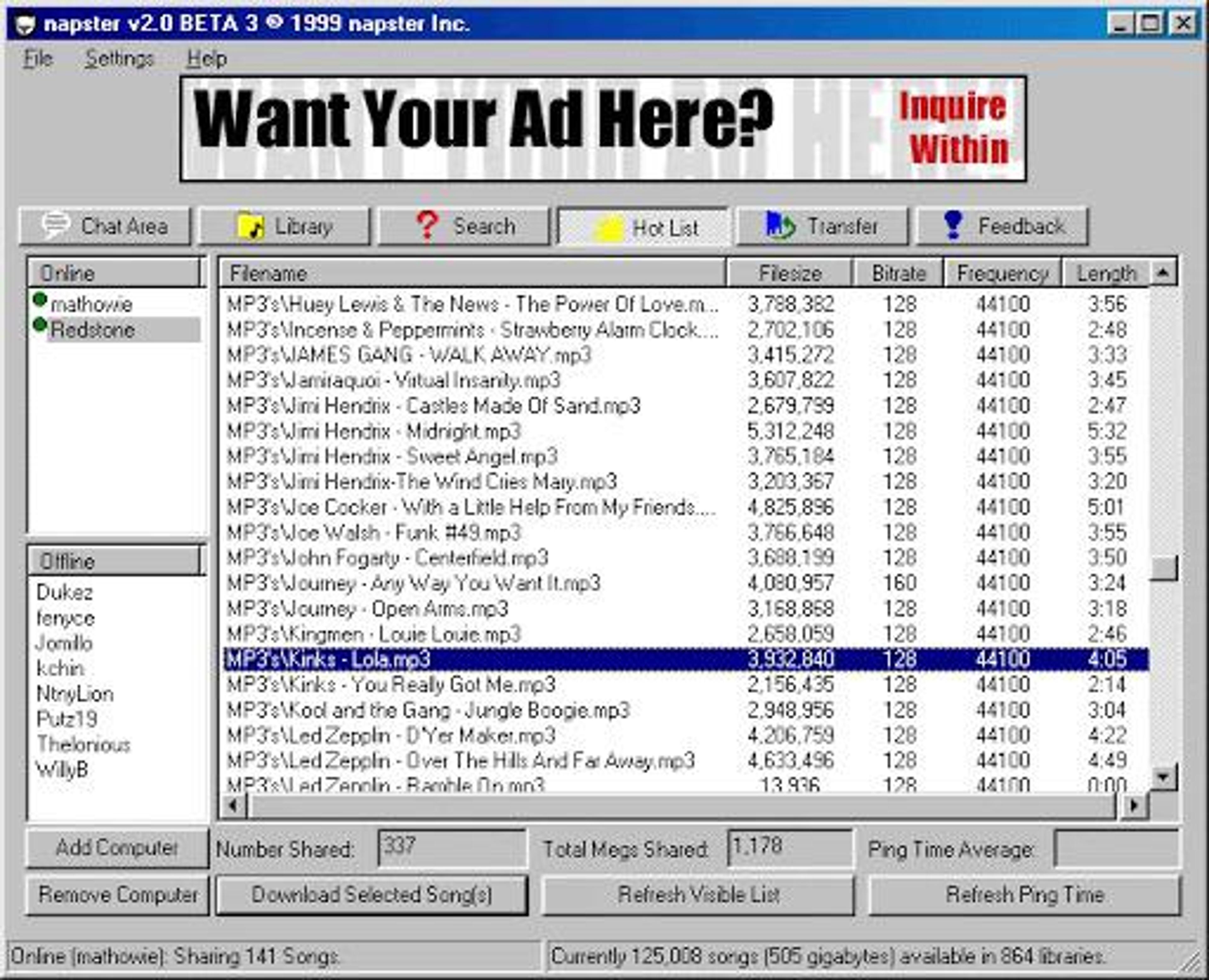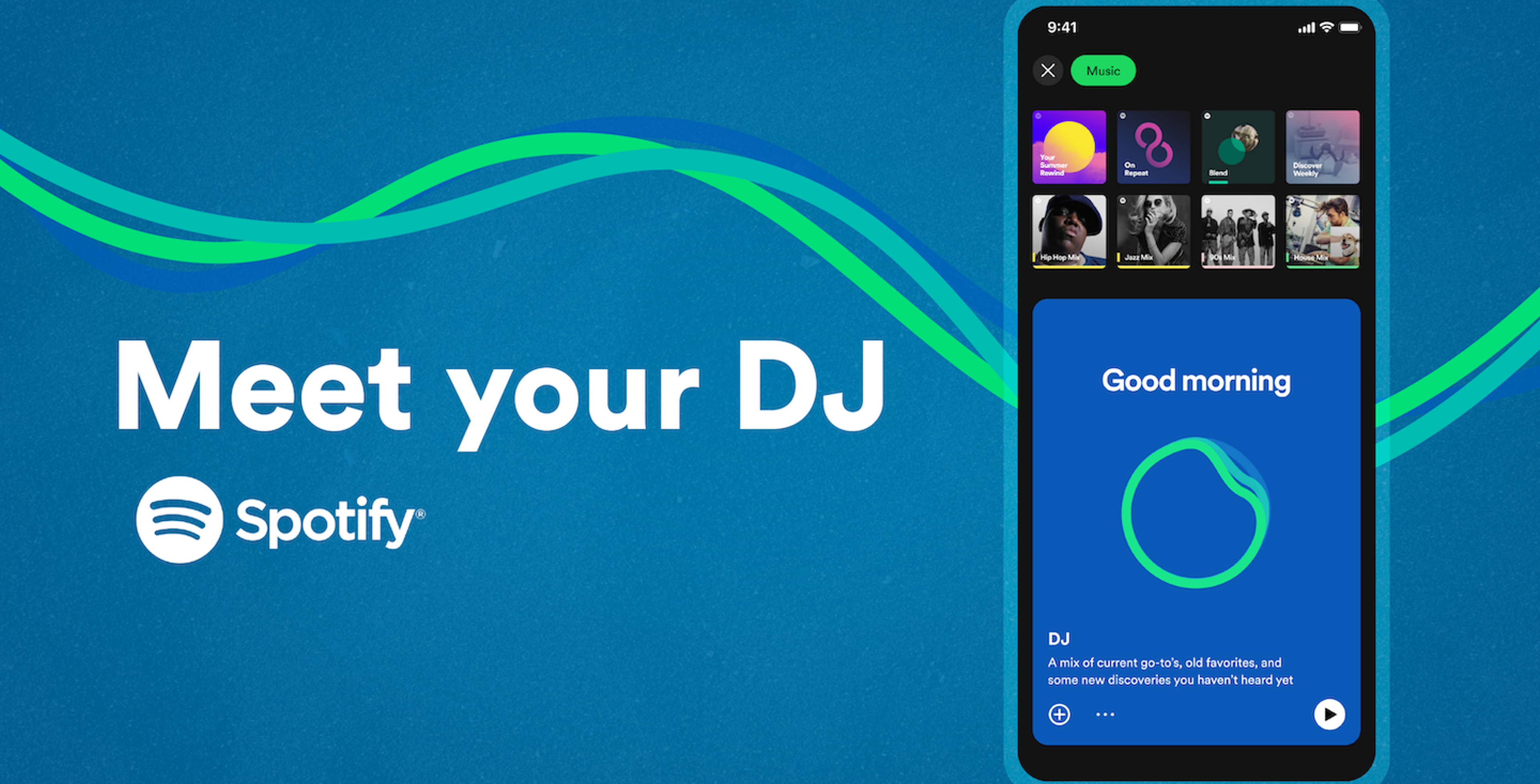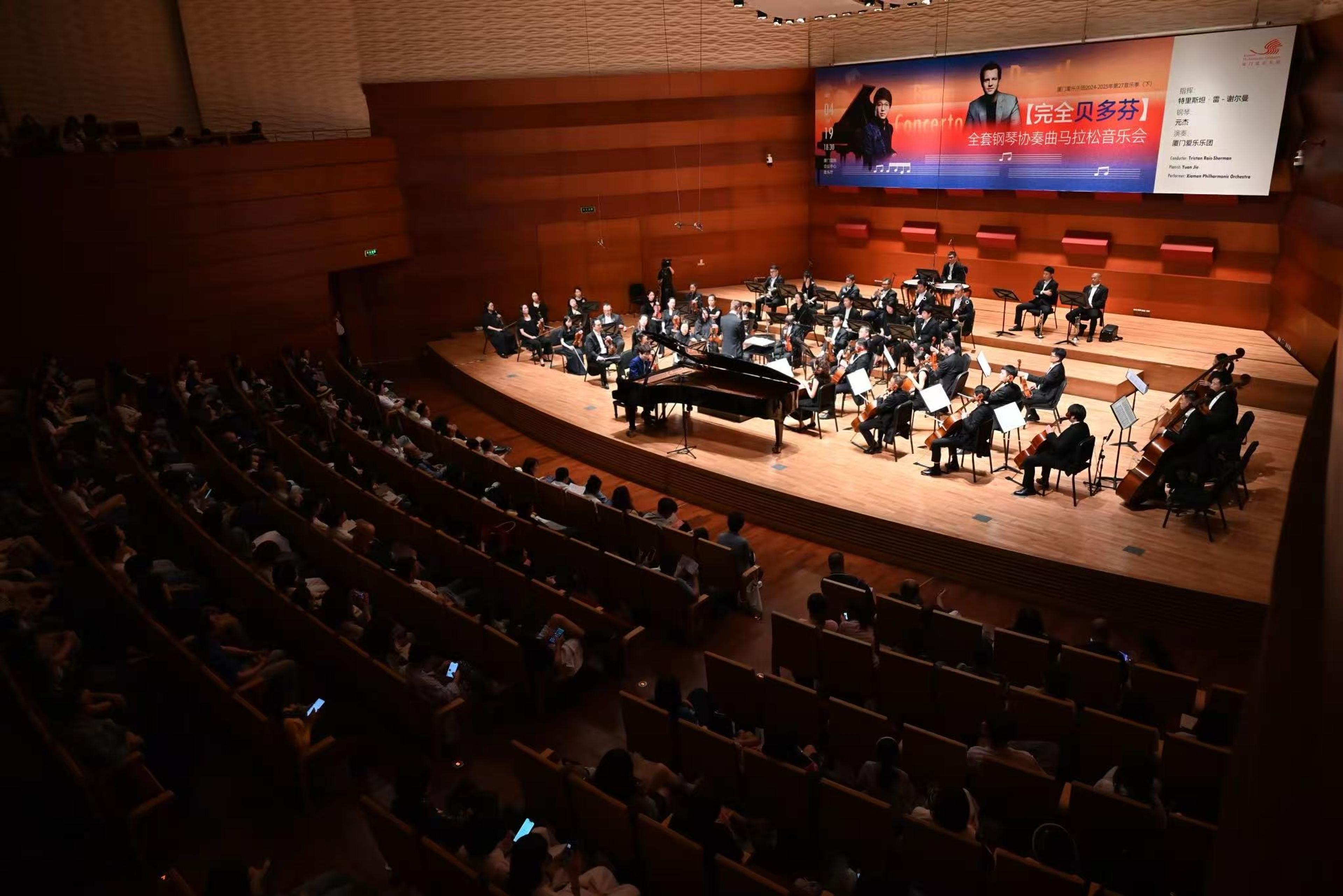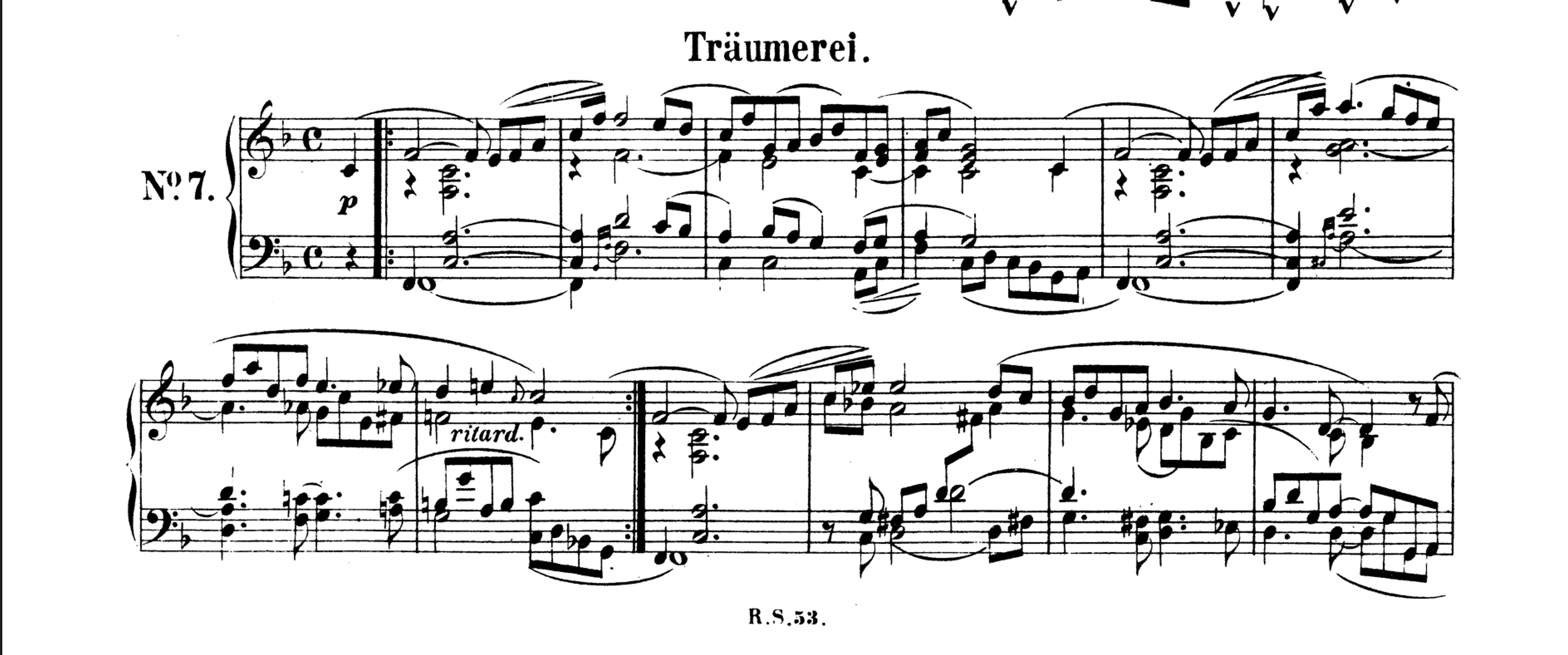I remember the early days of the internet. I am a millennial. It’s embarrassing to say out loud, but there it is. Born in 1990.
That being said, I am so lucky to have grown up in the early days of the internet. I was the age that MySpace was designed for when MySpace took off, and Facebook, and every other tool that runs our lives now.
I remember elementary school when an incredible piece of technology hit the shelves.
The CD Burner.
Combined with a controversial and world changing software program - Napster.

A black market appeared in the 4th grade classrooms of Fairfield, Connecticut. You come up with a wishlist of the hot new songs, hand it to whoever was rumored to have a CD Burner…a few days later, you would have your own special illicit mixtape.
There was an innocent, special magic to all of this. Like you were discovering something hidden, a secret underground network of music sharing and recommendations.
It was addicting, and exciting, and it became a lifestyle for me.
All throughout middle school and high school, I would spend hours and hours, every single night in the following loop:
- Research a band on Allmusic.com
- Acquire their complete discography
- Listen
- Look up all the bands that influenced them, and that they influenced, and their side projects, and repeat the process from step 1 on each of them.
It was so enriching, so rewarding. I was curating my own journey through modern music history.
I would join internet chat forums, pre-Reddit, and get obscure musical recommendations from strange musical sprit guides from somewhere out in the cyberspace.
In college, I would sit in the library and look up contemporary composers, listen to their music, look at their scores. Always trying to build and acquire knowledge.
Things are a little different now.
Our day-to-day experience and interaction with culture, society, and news has been distilled and focused into a few apps.
Instagram, TikTok, YouTube, Spotify, and a few others.
Absolutely every piece of media you interact with now has a goal behind it, it’s always been the goal but now they are not shy about it, it governs every single click you make.
Monetization. Serving Ads.
The conversations that happen in Spotify’s offices, I can almost guarantee you, do not revolve around what is best for us as listeners. They DEFINITELY do not revolve around what is best for Artists.

The “important” topics that the “important” leaders at Spotify are discussing are things like - the AI arms race, shareholder demand, stock price, how to generate more paid users, how to raise the price of a premium membership, how to stuff in more advertising space.
Everything you interact with on any of the apps you use every single day, every click you make, every corner of that website or app, I can promise you has been talked about in endless meetings over and over again on HOW to drive monetization. How to increase your time spent in the application. How to get you to spend money in the app, or how to compel more advertisers and businesses to spend money in the app. How to shoehorn AI technology into this application?
I have been depressed lately when I think back to the pure joy I used to feel combing through the $1 bin at a record store. Finding some tiny, obscure band on allmusic.com and knowing that I had unearthed some kind of hidden knowledge.
Of course, there is a difficult dilemma here.
Due to the dominance of Instagram, TikTok, YouTube, Spotify etc, on culture, on consumption, on our daily lives - it is very difficult to divest from these. Especially if you are attempting to create something, sell something, be an artist. You are going to HAVE to use these platforms to get your message out.
But there is a way to rebel. There is a way to push against this and seek out more authentic experiences. A way to reject endless monetization, AI, and advertising.
Orchestral Concerts. Opera Productions.
Analog media. Books. Records.
Hear me out.
Yes, you need to purchase a ticket. But once you sit down in a concert hall, and the curtain rises on an opera production, or when the conductor stands on the podium in front of an orchestra - everything disappears.

There is no light show. There is no amplification.
There is nothing generated by AI, nothing driving engagement, no project management dogma behind it. Just pure action, emotion, skill, training, and collaboration.
Opera and orchestral performances, unless they are performing something that specifically calls for amplification to be used (which is very rare), is nothing but the raw acoustic sound of 60-100 musicians playing on stage, the pure raw voice of the singers.
There is no backing track. There is no click track or metronome. It is the most fluid, organic, and in-the-moment kind of artistic expression that humans are capable of.
You might say, “Well Tristan - they’re just reading notes on the page! Isn’t it the same thing every night?”
Imagine you went and saw three performances, three nights in a row, of a theatre troupe performing Romeo and Juliet. Do you think you would see exactly the same thing every night? It’s the same words, surely it must be the same? Of course it’s going to be different.
Have you ever had to deliver a speech or a lecture? Or filmed a video? Have you practiced saying your lines in the mirror, testing different inflections, patterns, rate of speech. And then in the moment of performance, something completely different or unexpected happens — maybe good, maybe not so good?
Orchestral music is even more so.
Notated music is abstract. There is no clear meaning behind it.
Look at this page of piano music from Robert Schumann’s Kinderszenen:

Just one word - Träumerei. Daydreaming.
How fast or slow should it be?
How soft is p?
How much crescendo? How music ritardando?
But most importantly, what is this about? How should the listener feel? The performer needs to travel back in time, to 1838, to the mind of Robert Schumann - to try and transmit this abstract sound-image-feeling to the live audience in person.
This is raw. This is imagination, it cannot be algorithmically generated. It is as pure, fresh, and unique as any experience you can possibly find.
So I urge you to REBEL against the major companies that have hijacked our minds, our attention, our money.
Rebel against the endless, relentless stream of advertising. Do not participate in the war for your attention span. Rebel against AI generated playlists, against the wishes of stockholders, against the wishes of overpaid Project Managers and SVPs of Marketing Analytics.
Read a book from 1790. Go see an orchestral concert. Go see an opera. Go see your local theatre company.
In 2025, this is an act of Rebellion.